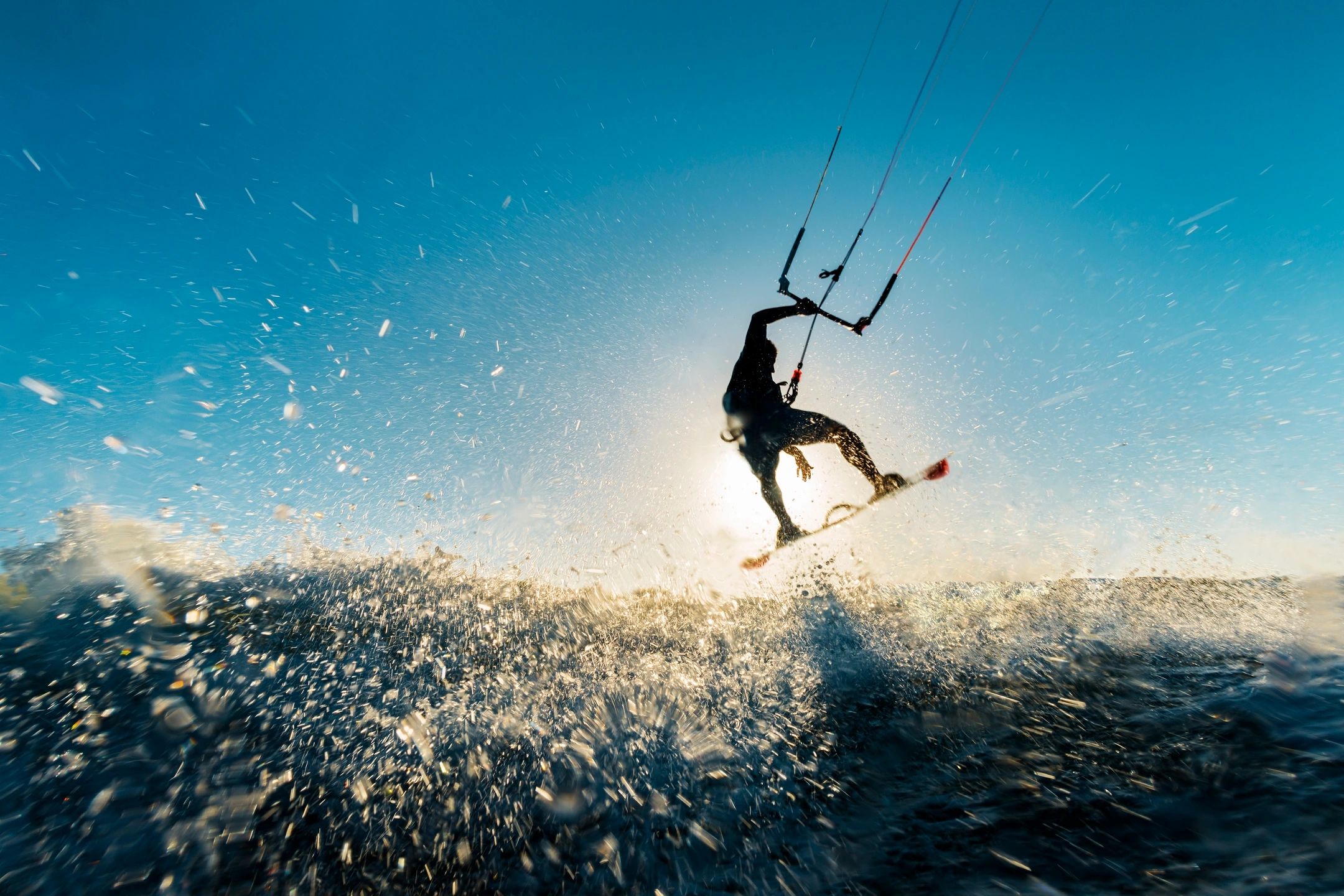Summer is the time of the year when most people try new watercraft activities despite their risky nature. Visits to lakes and beaches leave tourists open to trying jet skis, water rafting, water skiing, fishing, and other normal summer activities. But one thing that cannot be ignored is the fact that these activities have an underlying danger to them!
When worse comes to worst, accidents may ensue that require urgent attention. If this happens to you or a loved one, some legal intervention may be required depending on the circumstances.
Should You File a Lawsuit for Personal Watercraft Injuries?
It depends. Some injuries aren’t too grave to be a cause for serious legal action. A couple of small cuts or bruises may even be something you’d expect from these activities. To understand when it is possible to file a lawsuit, let’s break down the injuries that one gets from personal watercraft activities.
Drowning Incidents
One of the most common things that could happen is drowning or near-drowning. You or someone you know can easily fall off as a beginner on a jet ski or get overturned on a boat. As such, most personal watercraft renters make you sign a waiver to state that you are liable for whatever happens to you. However, this can be disputed if they had a fault in the incident!
Not issuing a safety jacket or them giving a broken safety jacket is against the law and is a misstep on their part. But if it is due to the customer’s recklessness (for example take off the life vest voluntarily), they cannot be blamed for it.
Head or Neck Injuries
Getting thrown off a personal watercraft can cause these traumas, most especially when you do not have a helmet. Just like a life jacket, if you were not issued one from the renter or if they give you one that is broken or doesn’t fit, then they may be sued for it. But if you lied about it fitting perfectly or decided to take it off, you are liable for the injury!
Accidents Involving Children
Children are also not allowed to ride personal watercrafts like jet skis unsupervised. If they are under the age of 16, then they are only allowed to be passengers.
It is important for business owners to ask for some form of identification from a teen to prove they can go on their own. They should not just take their word for it if they claim to be of that age! Legal situations here can also be difficult since the people involved are the business owners and parents who represent their children who are not old enough to represent themselves.
Conclusion
Any form of recklessness on the part of the provider can dispute claims of a waiver. While you step into these activities with the knowledge that accidents can happen, it should not be because of the incompetence of the service.
As business owners, they need to prioritize your safety and ensure that you are given every safety precaution, their equipment works fine, and you are guided properly and cared for. If an accident happens despite their best efforts or if you violate terms, the waiver protects them. If they fail to do so, then you can call for legal action.
When you get into a personal watercraft calamity, such as a jet ski accident, you may need to call for an accident lawyer to help you file a lawsuit. Ronemus and Vilensky are professional accident and malpractice attorneys in New York with years of experience that can help you receive the justice you need. Call us today!
